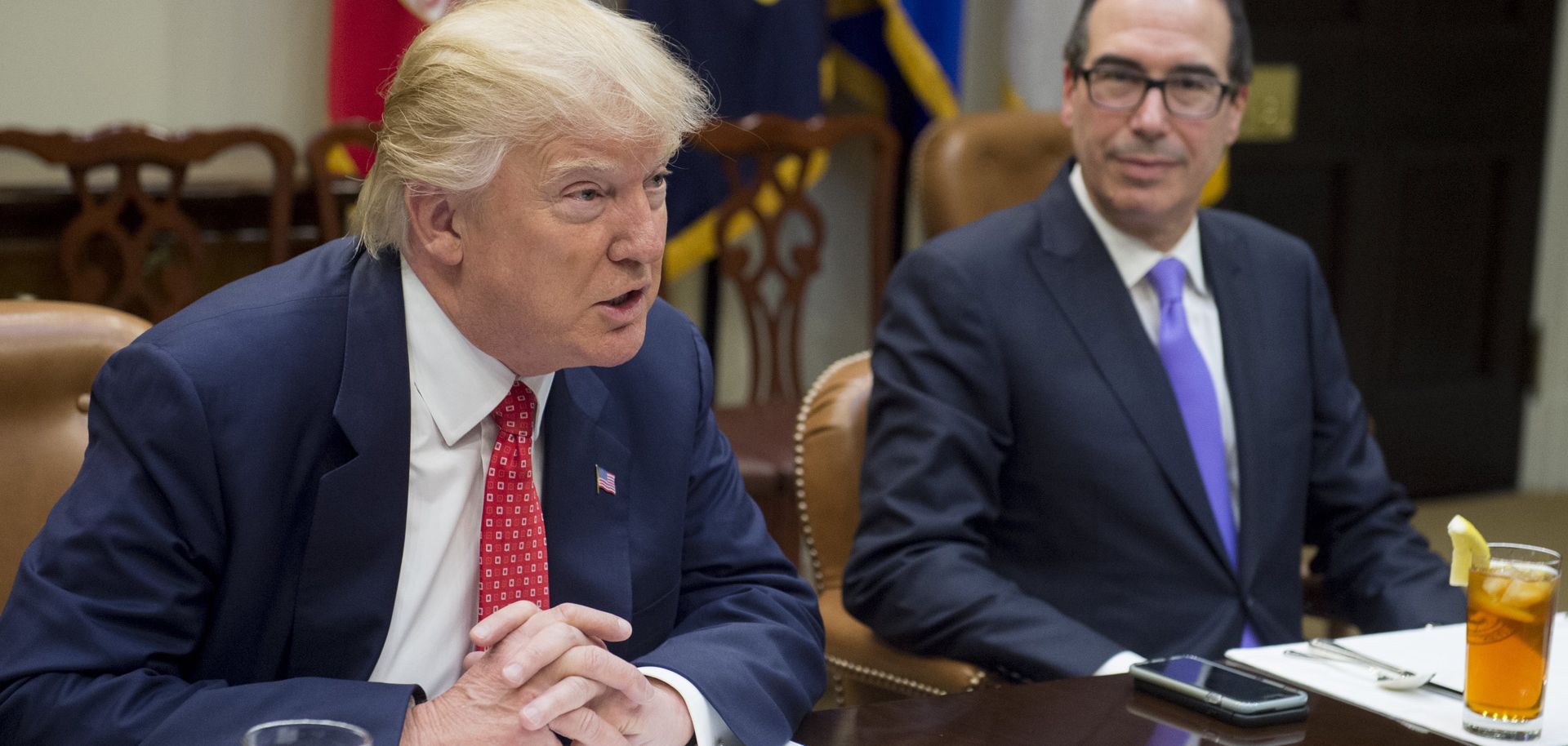The value of the U.S. dollar has risen rapidly over the past three years, up 26 percent since summer 2014. First, a divergence between the expected interest rates of the U.S. Federal Reserve and those of the world's other central banks, namely the Bank of Japan and the European Central Bank, brought capital flooding into the United States. Two years later, Donald Trump's election to the U.S. presidency gave the dollar another boost. And if his proposed tax reform package and infrastructure spending plan turn out to be as ambitious as Trump has promised, the dollar's value may well keep on rising. A surging dollar, however, would have distinct drawbacks for the Trump administration, undermining the president's stated goal to reduce the United States' trade deficit. In fact, Trump has said the dollar is already too strong, and his economic team has accused other countries of undervaluing their currencies.
Since January,...

